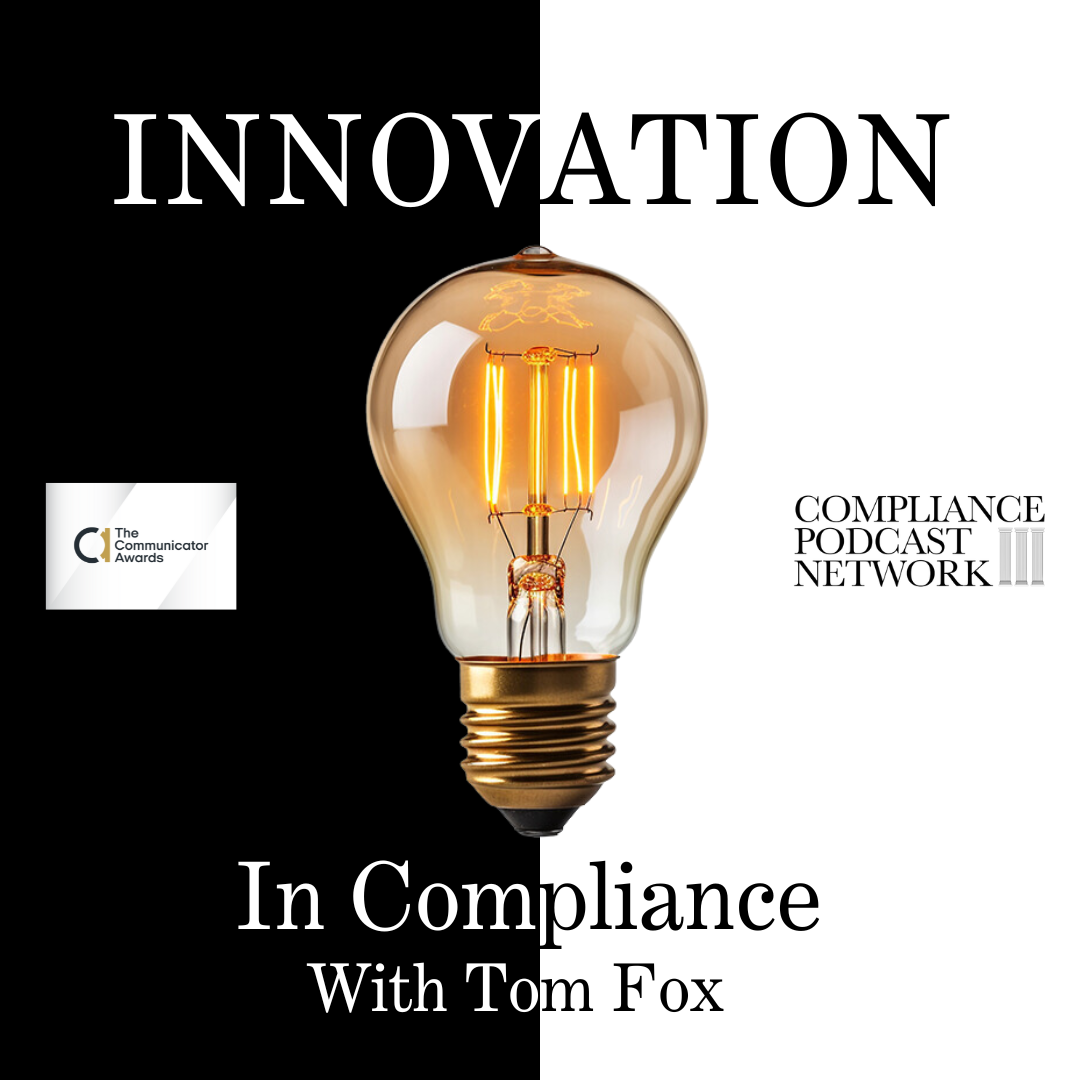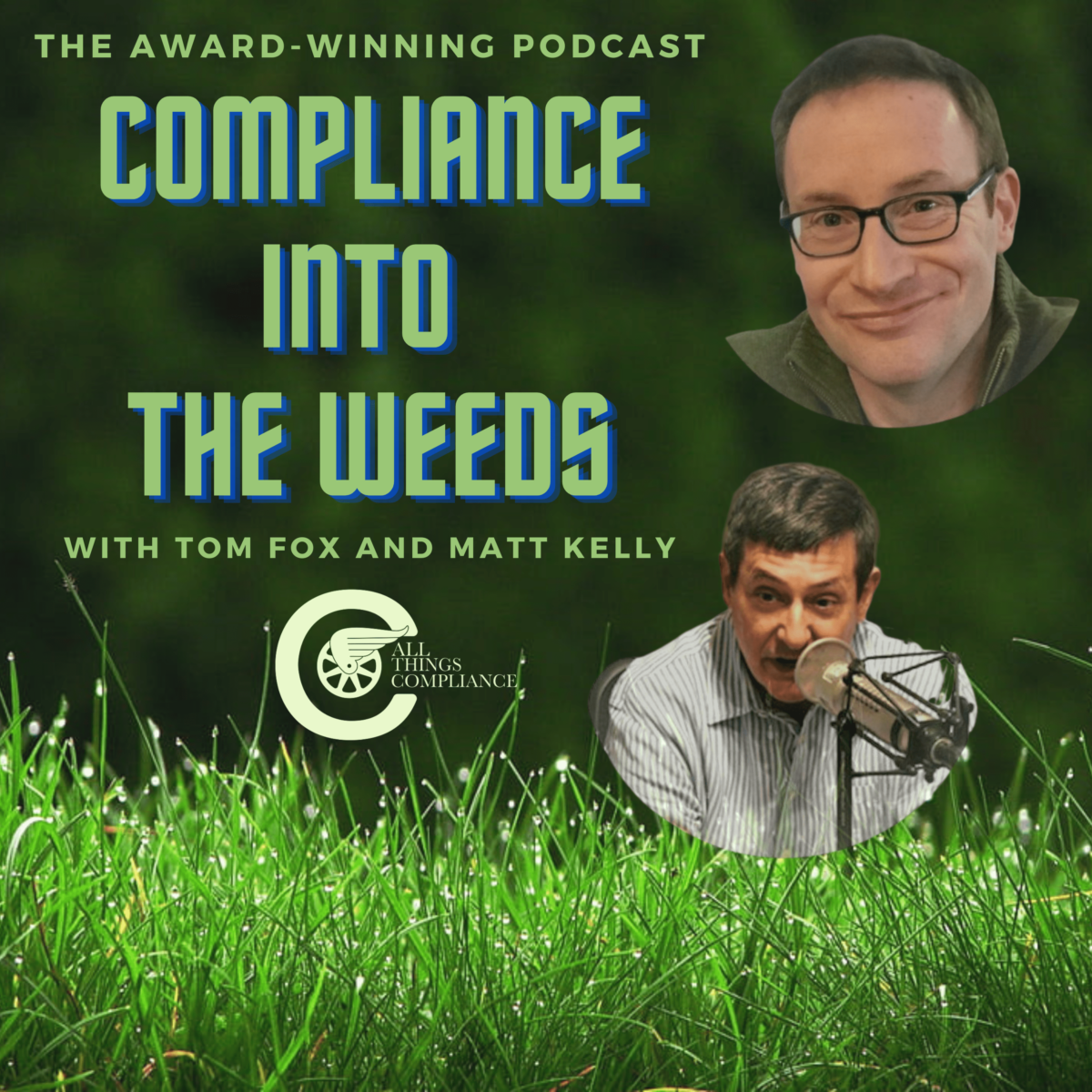Innovation comes in many areas, and compliance professionals must be ready to embrace it. Join Tom Fox, the Voice of Compliance, as he visits with top innovative minds, thinkers, and creators in the award-winning Innovation in Compliance podcast. In this episode, host Tom Fox visits Mike Whitmire, Co-founder & CEO at FloQast, on his journey in accounting and compliance.
In this episode, Tom is in a riveting conversation with Mike Whitmire, Co-founder & CEO at FloQast. They dive into Mike’s professional journey, starting from his early days at Ernst & Young, navigating the complexities of Sarbanes-Oxley (SOX) compliance, and eventually founding FloQast. Mike shares his firsthand experiences with the challenges in accounting and compliance, such as the talent gap and behavior change within organizations, and explains how FloQast’s closed management and compliance software addresses these issues. The discussion deeply delves into risk orchestration and its critical role in modern compliance strategies.
Additionally, Mike provides insights into his passion for podcasting and touches on his book, ‘Shift Happens,’ co-authored to highlight the rise of the operational accountant. The episode wraps up with a focus on FloQast’s innovative solutions that integrate daily accounting tasks with compliance requirements, thus simplifying processes for finance professionals. Tune in to hear how a common pain point in the accounting world led to the creation of a transformative software solution.
Key highlights:
- Challenges in Accounting and Compliance
- Risk Orchestration and Compliance
- Mike’s Podcast and Book
Resources:
Mike Whitmire on LinkedIn
Purchase Shift Happens on Amazon.com.
Tom Fox





